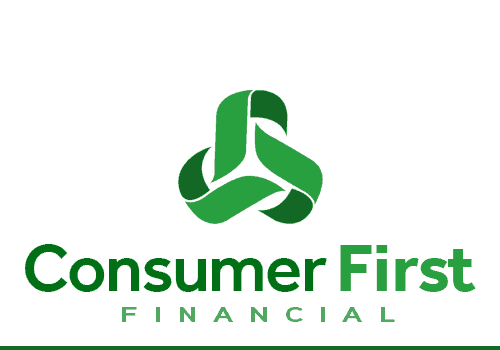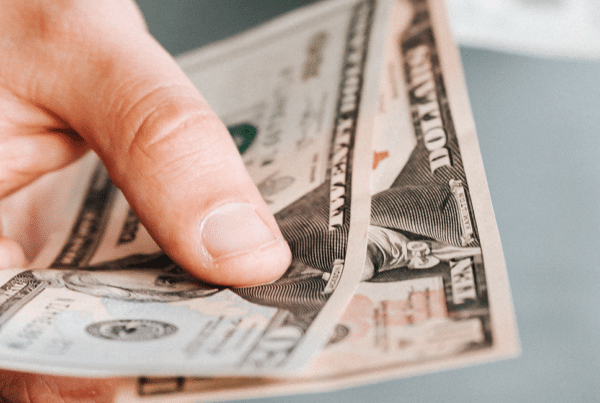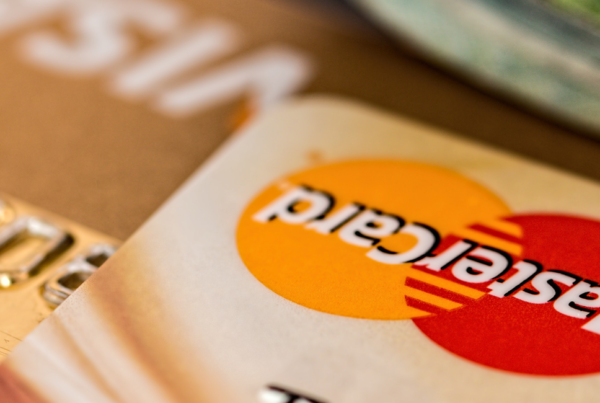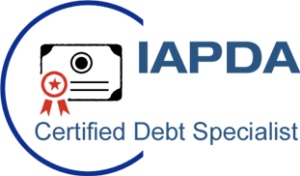
Debt settlement vs. Bankruptcy, you have options.
Many people get chills when they hear the word “bankruptcy”. Often because we associate it with losing all our money, destroying our credit, and living on the streets… a bit dramatic, but it is a significant decision to make. For some people, it might be the only escape they have. Whether it’s chapter 7 or chapter 13 bankruptcy, sometimes it’s the only way for people with severe debt issues to recover.
Debt settlement on the other hand, is a form of debt repayment. It involves negotiating with creditors or debt collection agencies so that you can pay a percentage of the original debt. This saves you a good amount on your principal balance. In addition, a good settlement company can reduce or eliminate the interest rates you’re paying. This means the payments you make go towards paying down your reduced principle, not the interest. A possible downside of debt settlement is it can also negatively affect your credit.
Either of these options may seem good or bad to different people. Depending on the kind of assets you have, or credit factors, one may outweigh the other. Some other things to consider are the kind of debt you have and your level of income.
Before deciding on either debt relief option, know your credit and do your homework. There is no one size fits all solution to debt reduction, so it’s important to choose based on your specific needs. A good first step is to understand each of the options, or speak to a licensed debt consultant for advice.
What does Debt Settlement mean?
As explained above, debt settlement is the process of negotiating your debts with your creditors or collection agencies. A debt settlement firm has the resources to negotiate a loan or credit card balance. The result of this is a significantly lower balance to repay.
Usually, the debt settlement company you work with will collect a percentage of the settled amount as a fee for their work. This will only occur after the settlement is complete. Often a settlement company may work several months for free on your behalf. It’s important to note that if a settlement firm asks you for any sort of up-front fees, you should seek help elsewhere.
A reputable debt settlement company can get you out of debt in about 24 to 48 months. This is because of two factors: The settlement company is negotiating to reduce your principal balances with your creditors. The money paid is paying the debt principle directly, not interest. This is important to note as repaying your unsecured debt WITH interest will generally take 5 to 10 times as long. With this said, debt settlement is best suited for unsecured debt. Federal debt such as student loans, tax payments, etc. are not able to be settled in most cases.
What does Bankruptcy mean?
Filing for bankruptcy erases all your unsecured debt. This includes credit cards, personal loans, etc. If you have an abnormal amount of debt to deal with, bankruptcy might be the option for you. Chapter 7 bankruptcy is the most common form and is used by people with few assets, but a lot of debt. Chapter 13 is also common but is used by people with more assets, and it involves extending their loan repayment.
Depending on your state, filing either form of bankruptcy may require a lawyer. Here in Florida, any citizen can present their bankruptcy filing themselves. With that said, it’s always advised to seek legal help. In addition to the costs you may incur for legal services, there are standard fees associated with filing bankruptcy. Hopefully the irony isn’t missed in this scenario, but it is the case.
Note that like settlement, bankruptcy does not erase student loans, child support or tax repayments. Bankruptcy can be seen as a fresh start, a credit reset if you will. It does come with a price, but if you qualify it could be an option for you.
Which one is right for you?
It all depends on your income, size of debt and impact you willing to take on your credit score. If you have a steady flow of income but are finding it hard to cope with credit card debt payments. Or, you’re struggling with high interest rates on other forms of unsecured debt, settlement is probably the best option for you. This is especially true if you don’t want as much impact on your credit.
On the other hand, bankruptcy may be a fit if you fall into any of the following: Debt payment consumes more than half of your gross income, your interest rates are very high, or you have no source of income. Bankruptcy will affect your credit score for at least 8 years, but you can start rebuilding it as soon as the filing process is done.
Before you make any decision that could affect your credit, do your homework or speak to a licensed debt consultant. Know your income, and debt to income ratio to determine if you can continuously pay your debts or not. If you are still unsure, seek financial help to eliminate the debt once and for all.
Your partner in debt relief,
Consumer First Financial





